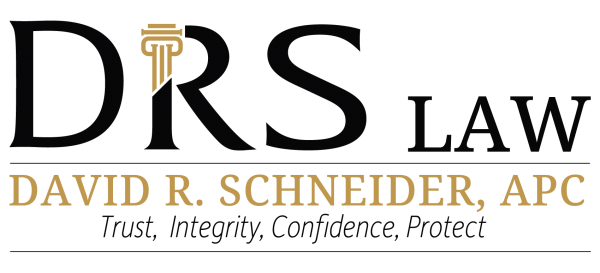Every year, families discover that their loved one’s estate plan doesn’t work the way they expected. Assets end up in the wrong hands. Court battles erupt. The probate process drags on for months or years. Most of these problems stem from three preventable issues: bad planning, no planning, or outdated planning.
Understanding these pitfalls can help you avoid them.
Bad Planning
An estate plan is only as effective as the strategies and documents that comprise it. Poorly designed plans can be just as damaging as having no plan at all. Common examples of ineffective planning include:
- Improperly drafted documents that don’t comply with state law or fail to address the specific needs of the family.
- Inappropriate fiduciary appointments, such as naming an executor or trustee who lacks the skills, impartiality, or willingness to carry out the role.
- Vague or incomplete provisions, which often result in costly disputes among heirs.
Inadequate planning can leave assets vulnerable to unnecessary taxation, prolonged probate proceedings, or legal challenges. Working with qualified professionals ensures that documents are legally sound and tailored to individual circumstances.
Outdated Planning
Estate plans are not static. Even a well-drafted plan can become ineffective if it’s not kept current. Life changes, family dynamics, and evolving laws all play a role in determining whether a plan still meets its intended goals. Issues commonly seen with outdated planning include:
- Beneficiary designations on retirement accounts or life insurance policies that no longer reflect the client’s wishes.
- Trust structures that fail to address new tax considerations or changes in family circumstances.
- Guardianship or healthcare directives that are no longer appropriate.
Best practices recommend reviewing estate planning documents every three to five years, or sooner following a major life event such as marriage, divorce, the birth of a child, or significant changes in assets.
No Planning
The most serious, and most common, mistake is failing to create an estate plan at all. When no plan exists, state intestacy laws determine how property is distributed. This can have significant unintended consequences, such as:
- Beneficiaries being chosen according to statutory formulas, regardless of the decedent’s personal wishes.
- Minor children being placed under guardianship determined by the court rather than by the parents.
- Families facing delays, expenses, and uncertainty through probate proceedings.
Without a plan, loved ones are left without guidance, and the estate is exposed to the full cost, delay, and inflexibility of the probate process.
Protect Your Legacy With Proper Planning
An effective estate plan requires more than just executing documents. It requires thoughtful design, regular review, and a commitment to keeping the plan aligned with both personal wishes and legal requirements. Avoiding these three primary pitfalls, bad planning, outdated planning, and no planning, ensures that your estate plan fulfills its purpose: protecting your legacy and providing security for those you leave behind.
Get Your Estate Plan Review Started
If you haven’t yet created an estate plan, or if you’re uncertain whether your existing plan is still effective, now is the time to act. DRS-Law assists clients in developing customized, legally sound estate plans that reflect both their wishes and current law. We also review and update existing plans to ensure they remain aligned with life changes and evolving regulations.
Contact our office today at 805.374.8777 to schedule a consultation and take the first step toward safeguarding your legacy.

